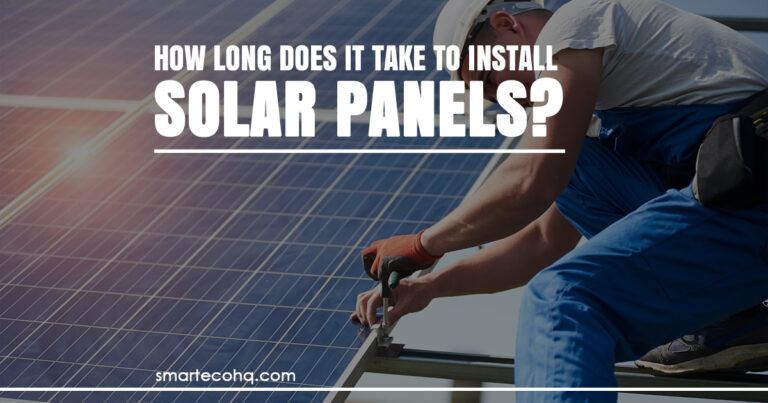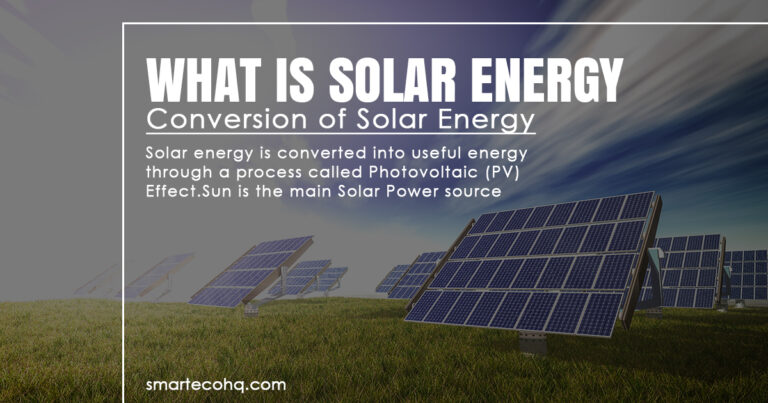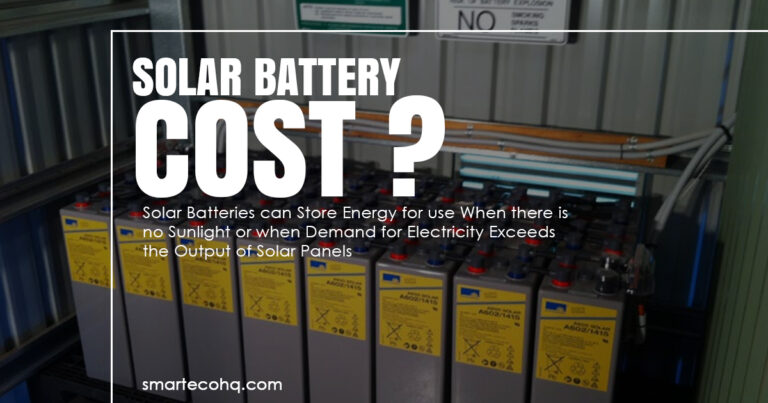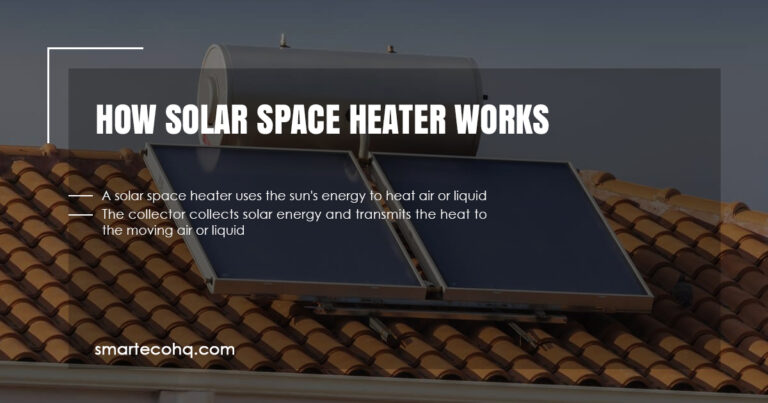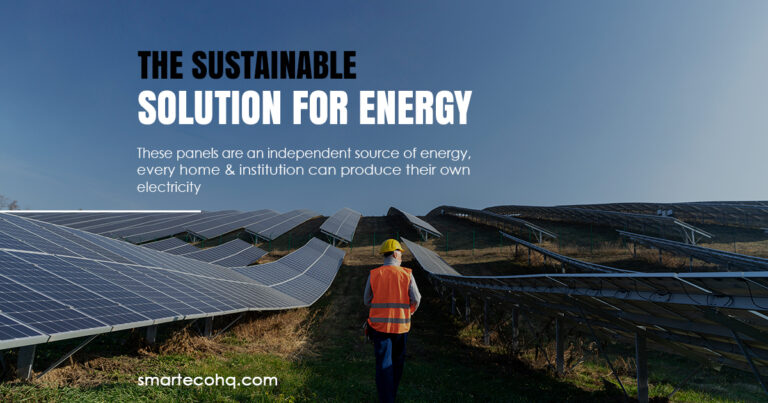Is It Worth Getting Solar Panels?

Is it worth getting solar Panels?
Solar panels have a 20-to-1 return on investment, raising the value of a home by $20 for every dollar saved on energy. Solar energy has grown in popularity in recent years as people have become more aware of the benefits of sustainable energy sources. Installing solar panels in your home is one of the most accessible ways to harvest solar electricity. In this article, we’ll look at the numerous factors to examine while considering whether or not to install solar panels.
1. The Benefits of Solar Panels
Before you decide to invest in solar panels, you should first understand how they work & what benefits they offer. Solar panels are devices that use sunlight to generate power. Solar cells collect sunlight and convert it to direct current (DC) power in the panels.
The major benefit of utilizing the Solar System is that Solar panels allow you to save money on your energy bills. You will not have to be concerned about diminishing resources or growing electricity bills. Solar panels also help reduce your carbon impact, making your property more cost-effective.
- Renewable Energy Source – Solar panels are a sort of renewable energy source that converts sunlight into electricity. They are a renewable and environmentally beneficial source of energy that can help minimize our dependency on fossil fuels.
- Lower Energy Bills – One of the primary advantages of installing solar panels is the possibility of lower energy bills. You may reduce the amount of energy you need to purchase from your utility company by generating your own electricity, which can result in significant savings over time.
- Increased Home Value – Solar panels can raise the value of your home. Many homebuyers are interested in residences that have solar panels installed because they consider it as a valued and appealing feature that can save them money on energy expenses.
- Low Maintenance – Solar panels also require little upkeep, making them a low-maintenance investment. They have no moving parts and require only occasional cleaning to ensure excellent function.
- Energy Independence – Installing solar panels can help you achieve energy independence. You are less reliant on the grid and can avoid probable power outages or variations in energy prices if you generate your own electricity.
2. Cost Analysis: Is it Worth the Investment
Cost analysis is an important strategy for corporations to use to assess the expenses of their operations and whether they are worthwhile investments. It includes considering the whole cost of a project or activity, including direct and indirect expenses, and comparing it to the predicted benefits or returns. Evaluation might include evaluating the investment’s financial effect.
To assess whether solar panels are a good investment for you, consider the installation expenses as well as the possible long-term savings on electricity bills. In some circumstances, government incentives and refunds may be available to help offset the upfront expenditures.
Investing in solar panels is worthwhile since it can help cut energy bills and contribute to a more sustainable future.
3. Factors to Consider Before Installing Solar Panels
Installing solar panels is a substantial investment, and it is critical to carefully evaluate numerous considerations before making a decision. When installing solar panels, consider the following factors:
- Energy Needs – The first consideration is how much energy you now consume and how much you wish to balance with solar power. The size of the solar panel system you require will be determined by your energy use.
- Location – While solar panels generate power from sunshine, you should think about where you live and how much sunlight you get. You may analyze the quantity of sunshine your location receives and the potential energy production of a solar panel installation using online tools.
- Roof Orientation – Roof orientation is significant for solar panels, with south-facing roofs good in the northern hemisphere and north-facing roofs ideal in the southern hemisphere. When installing solar panels, the condition of the roof should also be considered.
- Budget – Solar panel systems can be costly to install, although the cost has been reduced substantially in recent years. Take into account that government incentives and tax credits are available in many places, which can help offset the cost of installation.
4. Return on Investment
ROI and how it applies to solar panels
ROI, or return on Investment, is a financial term used to compare an investment’s profitability to its cost. In the instance of solar panels, ROI is computed by dividing the overall energy bill savings throughout the lifetime of the panels by the initial cost of installation.
This calculation considers factors like Installation Costs, Maintenance Costs, and the resale value of the extra energy provided by the panels. Knowing the ROI is essential when determining whether or not to install solar panels since it allows you to measure the long-term financial benefits of the investment.
Average ROI for solar panel Installations
The average ROI for solar panels is 5-10 years, with larger systems yielding more savings over time. Tax credits and other incentives can help enhance the ROI, making solar panels an appealing investment option with a high probability of success.
5. Important Considerations for Solar Panels
(Maintenance, Warranty, Lifespan, and Grid Selling)
Solar panel installations require little Maintenance and come with a 20-25 year manufacturer’s Warranty that includes defects and malfunctions. Solar panels have a Lifespan of 25-30 years, with some systems lasting even longer. Homeowners may also be able to sell excess energy back to the Grid via Net Metering, which can result in further savings or even money. While other costs are connected with solar panel maintenance and repairs, the panels’ long lifespan and warranty coverage can provide peace of mind.

